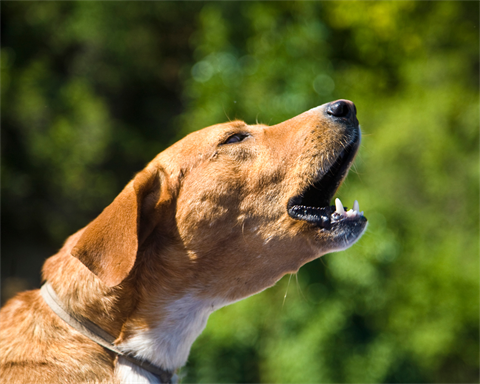Barking Dogs

Dogs that bark excessively can be a source of great irritation for neighbours.
If you have a problem with a neighbour’s dog or if your own dog is barking too much, Council’s Animal Control Officer may be able to help.
Dogs bark for many reasons, some examples are boredom, loneliness, lack of company or exercise. They bark to seek attention even though it may result in being scolded; negative attention is better than no attention at all.
Some dogs bark to alert or warn you, they may bark due to fear, medical or physical reasons. Some dog breeds are just more inclined to bark than others.
There are many ways in which a responsible dog owner can overcome the barking problem and in most cases all it takes is a little time and effort. Take the dog for more frequent walks, make the backyard an interesting environment, take the dog to obedience classes.
Before you contact Council to make a complaint about a barking dog, you are encouraged to try talking with the animal owner first.
They may not even be aware of the problem if the dog is only barking when they are out. You may be able to help them identify why the dog is barking.
Should you decide to contact Council, you will be asked to complete a ‘Barking Dog Diary(PDF, 8MB)’ for a few weeks to record how often the dog is barking. If other neighbours are affected by the barking, ask them to complete a diary in support of the complaint also.
If Council determine the complaint is substantiated, Council Officers may then issue a warning to the dog’s owner, or a formal Notice to Comply to deal with the barking. If this is not complied with, Council Officers may issue an infringement notice or present the matter at Court.
Barking is a natural behaviour for dogs; it is one way they communicate. Excessive barking is often a sign that something is wrong. The first step in solving the problem is to determine why the dog is barking.